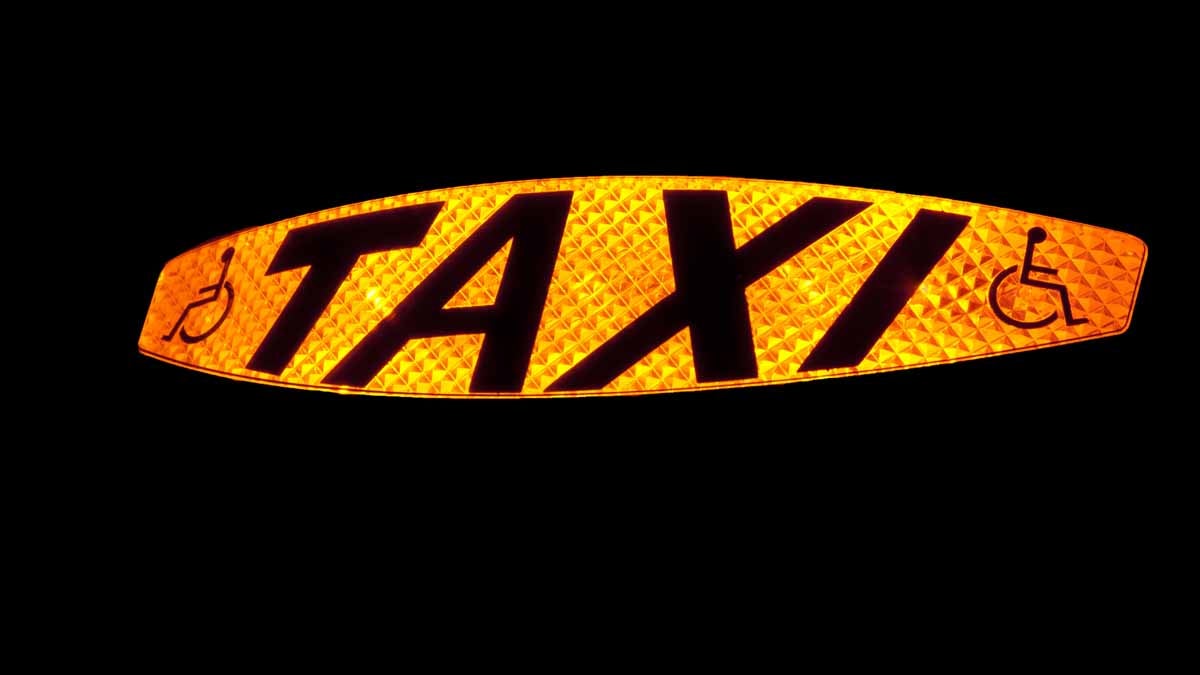Medallions for wheelchair-accessible taxis finally sell in Philly — at reduced rate
 Photo via ShutterStock) " title="shutterstock_92521264" width="1" height="1"/>
Photo via ShutterStock) " title="shutterstock_92521264" width="1" height="1"/>
(Photo via ShutterStock)
The Philadelphia Parking Authority has finally attracted interest in medallions for new wheelchair-accessible taxis, though the selling price was far below expectations.
The PPA has been attempting to add 45 new wheelchair vans to the city’s current fleet of 1,600 taxis, but no bidders for the necessary medallions stepped up during auctions held last year. The agency lowered the starting price to just $50,000, even though medallions on the private market traded for 10 times that amount as recently as February.
On Wednesday, three medallions were sold to Alexandrite Taxi, LLC for $80,000 each.
“We really want to get these cars on the streets for people with disability,” said Ronald Blount, president of the Taxi Workers Alliance of Pennsylvania. “But, I don’t know … it is just a scary moment for the industry.”
Competition from ride-sharing companies Uber and Lyft, which continue to operate illegally in the city, are to blame for the uncertainties in medallion pricing, he said.
Taxicab revenues dropped by 5 percent during Uber’s first four months of operations in Philadelphia compared with the prior year, according to data provided by the PPA. Uber said it has already completed more than 1 million rides in the city.
Nancy Salandra, with the disabilities rights group Liberty Resources, said the new taxis are badly needed in Philadelphia where taxi companies operate only seven accessible vans.
“It means, if you are stranded somewhere, that you can have an alternate way to get home,” she said. “If you need to go somewhere at the last minute, like anyone else, that you can use a taxi. So, it just changes everything.”
The PPA plans to add a total of 150 wheelchair-accessible vans over the coming years, with three more medallions slated for auction next week, again with a minimum bid of $50,000.
Blount does see one silver-lining to the low medallion prices.
“When medallions were like $500,000 … the big fleets bought them. But when they dropped [the minimum bid] down to $50,000, it does create an opportunity for an ‘everyday Joe’ to go out there and try to go into business for himself,” he said.
WHYY is your source for fact-based, in-depth journalism and information. As a nonprofit organization, we rely on financial support from readers like you. Please give today.




